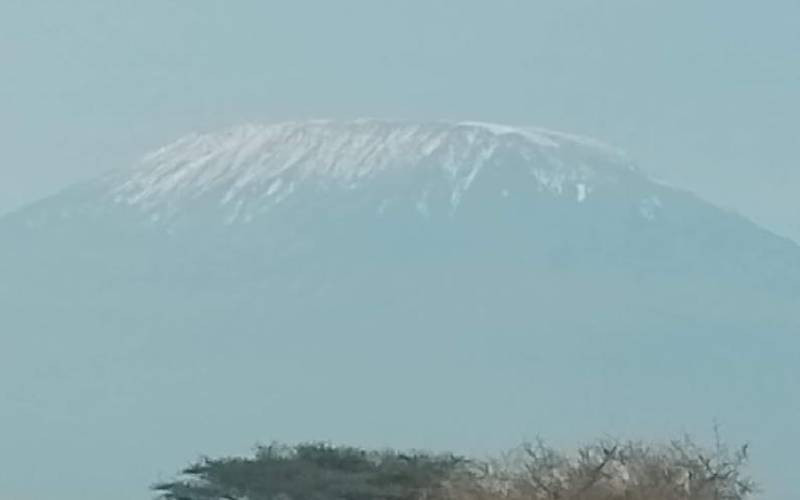×
The Standard e-Paper
Kenya’s Boldest Voice

A sense of urgency has gripped the scientific community as reports indicate that the glaciers atop Rwenzori and Mt Kenya, two of East Africa's iconic mountain ranges, are rapidly disappearing.
The alarming findings suggest that these glaciers, which have already experienced significant shrinkage, are on track to vanish ahead of their projected timelines, with potentially devastating consequences for ecosystems, water resources, and the communities that depend on them.